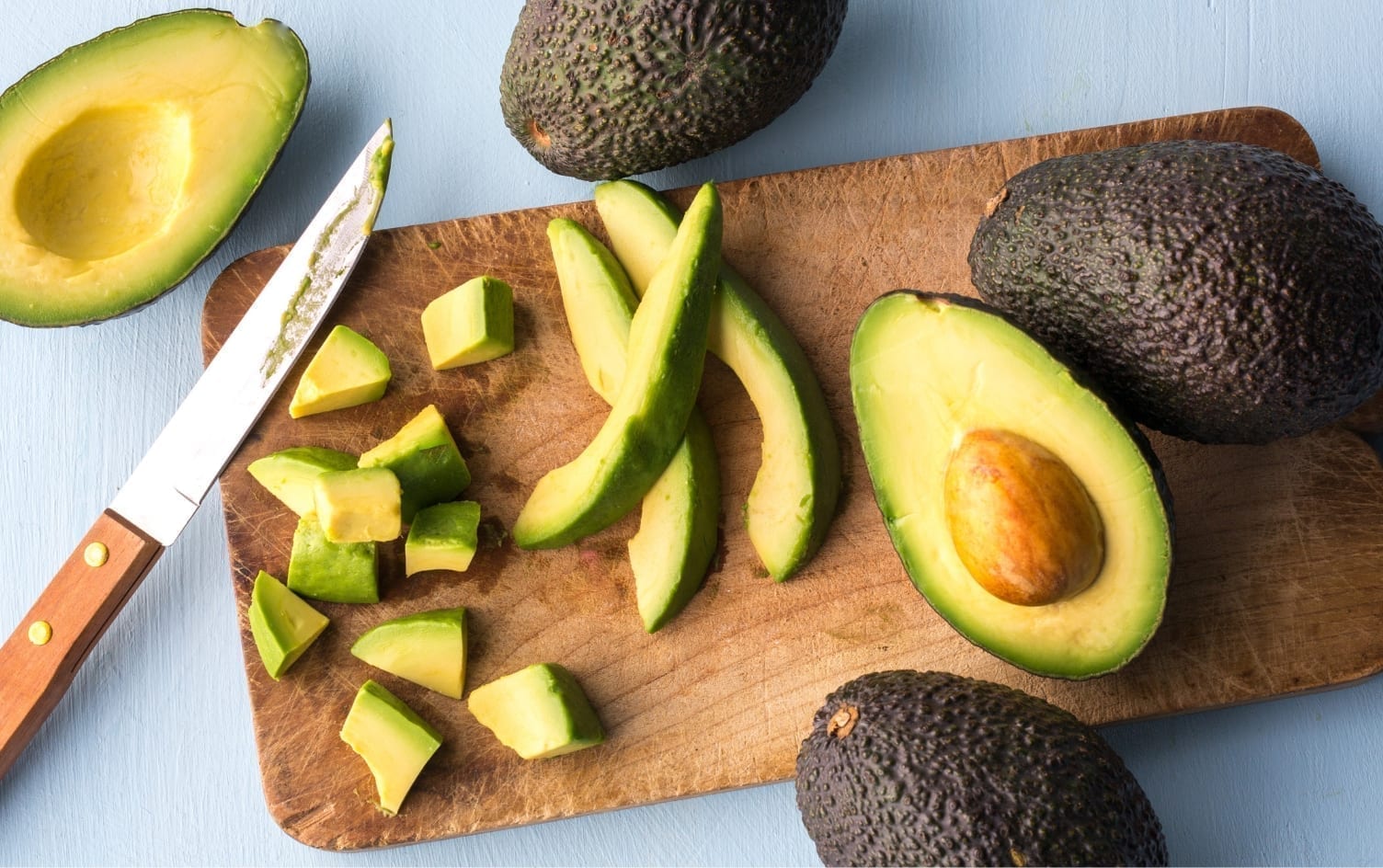More than 1 in 10 Americans takes medication to help with depression — but data shows antidepressants can be ineffective for alleviating symptoms such as sadness, loss of interest in activities, reduced appetite, trouble concentrating and sleep disturbances.
“While current treatments for depression work for some patients, new treatment options and preventive strategies are urgently needed,” says Dr. Maximus Berger, PhD, a mental health research fellow at the University of Melbourne. “One of the key challenges is to identify modifiable risk factors … that can be changed through adapting our behavior and environment.”
FOODS TO EAT
Changing your diet could be the answer. A growing body of research has found what you eat — and the foods you avoid — could play an important role in the prevention and treatment of depression.
“There is an element of old-fashioned common sense here,” says says Whitney Linsenmeyer PhD, RD, professor at Saint Louis University and spokesperson for the Academy of Nutrition and Dietetics. “Diet affects mental health and mental health affects diet. When we give our bodies high-quality fuel, our brain and body systems can function optimally.”
Eating a diet high in whole grains, fish and fruits and vegetables was linked with a reduced likelihood of developing depression, according to research published in the American Journal of Clinical Nutrition.
It’s believed that a nutritious diet promotes good gut bacteria, which have a positive influence on the brain; eating healthy fats such as olive oil and avocado helps produce proteins that trigger new brain cells, while eating a lot of highly processed foods can trigger chronic inflammation, which has been linked to depression.
Berger was the lead author of a 2018 study that found eating more fish and seafood and less fast food was associated with lower rates of depression. He credits the omega-3 fatty acids found in seafood for the positive impact, explaining, “[Omega-3’s] are directly relevant to the function of cell membranes in the brain and they also influence oxidative stress and inflammation.”
FOODS TO AVOID
In contrast, there are relationships between diets high in processed foods that contain a lot of saturated fat and refined carbohydrates and increased rates of mental health issues like depression. Linsenmeyer notes that your mental health can affect your food choices, making it difficult to find the motivation to plan a menu, go shopping and prepare healthy meals when you’re dealing with depression — but the impact can be profound.
Given the connections, it appears changing your diet could improve your depressive symptoms.
A study published in BMC Medicine found those who consumed whole grains, fruits and vegetables, low-fat dairy, raw and unsalted nuts, fish, lean red meats, chicken, eggs and olive oil while reducing their consumption of sweets, fried and fast foods, processed meats, sugary drinks and alcohol showed significant decreases in depression symptoms after making dietary changes with 33% of participants reporting total remission.
The report concluded with another important finding: The group that altered their diets adopted the changes despite dealing with fatigue and a lack of motivation that often go hand-in-hand with depression, leading researchers to exclaim, “[The research] suggests that dietary improvement is achievable for those with clinical depression.”
THE BOTTOM LINE
Although the impact of diet on depression is well studied, do not make the decision to ditch your antidepressant medications in favor of fruits, vegetables, whole grains and healthy fats without talking to your doctor.
Linsenmeyer recommends “a holistic approach” that includes input from your mental health professional and a nutritionist, noting, “Diet and exercise are a critical component of overall health and well-being [and], in tandem with counseling and medication, adopting a healthy diet and exercise pattern can be a helpful tool in preventing or managing symptoms of depression.”




